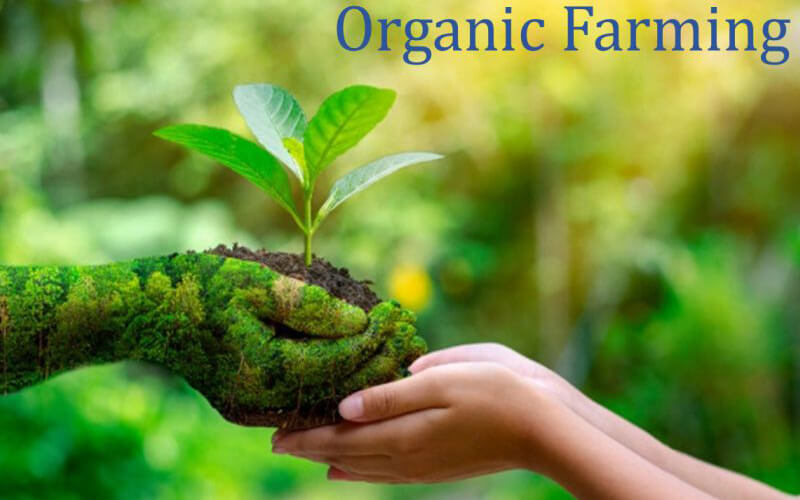Worms eat food scraps, which become compost as they pass through the worm’s body. Compost exits the worm through its tail end. This compost can then be used to grow plants. Vermicompost is good for plants because the worms are eating nutrient-rich fruit and vegetable scraps and turning them into nutrient-rich compost.

Why is vermicompost important in organic farming?
In fact, vermicompost can enhance soil fertility physically, chemically and biologically. Physically, vermicompost-treated soil has better aeration, porosity, bulk density and water retention. Chemical properties such as pH, electrical conductivity and organic matter content are also improved for better crop yield.
Significance of VermicompostVermicompost helps in improving soil texture, aeration and increases water retention capacity. Vermicompost acts as a soil conditioner and improves the biological, physical and chemical properties of the soil.

Why is vermicompost important?
When vermicompost is added to soil, it boosts the nutrients available to plants and enhances soil structure and drainage. Vermicompost has also been shown to increase plant growth and suppress plant disease and insect pest attacks.

